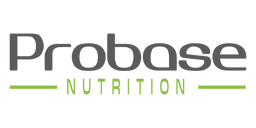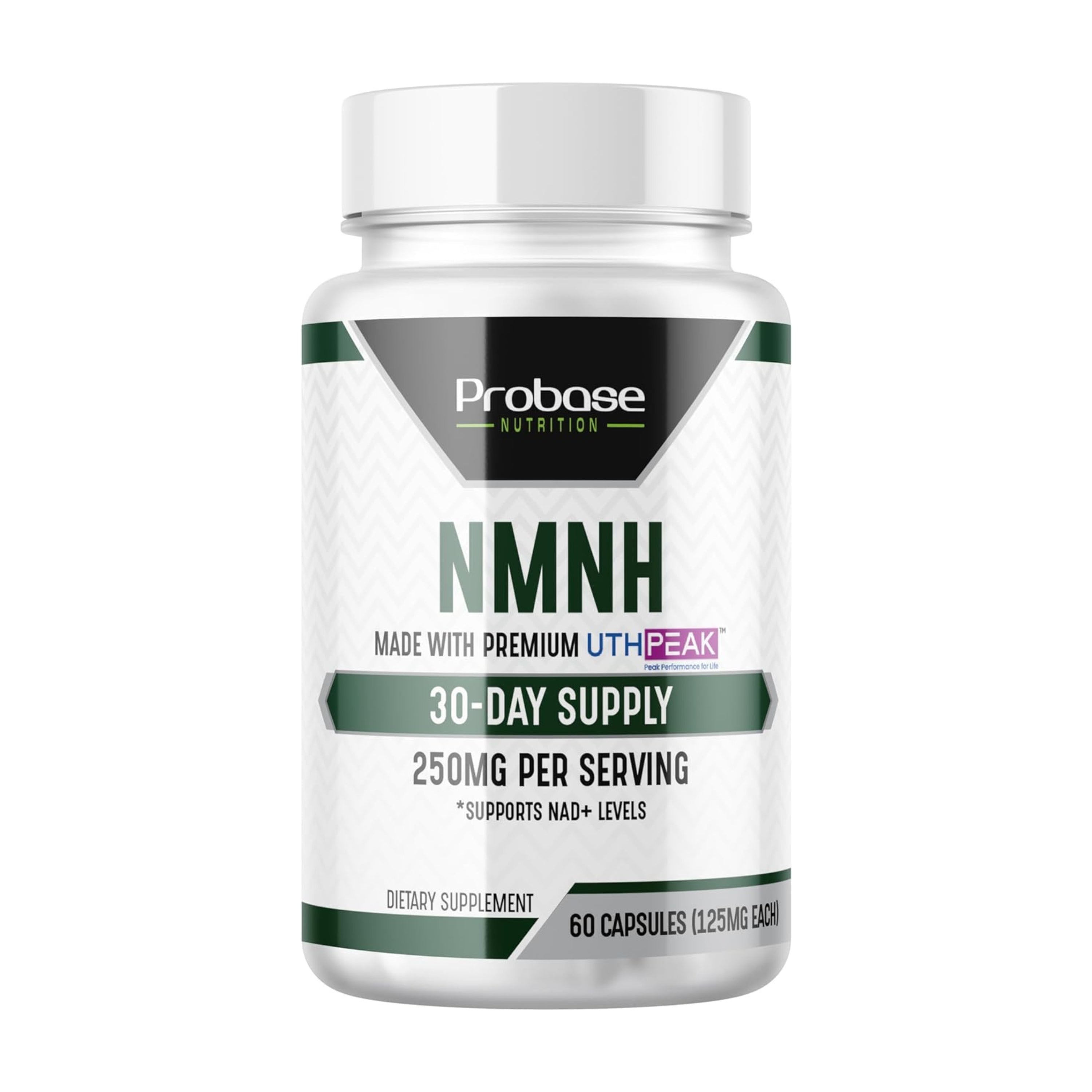In the ever-evolving world of longevity research, nicotinamide adenine dinucleotide (NAD+) has become a star player. This essential coenzyme fuels hundreds of crucial cellular processes, and declining NAD+ levels are linked to aging and age-related diseases. Enter NAD+ precursors, supplements designed to combat this decline and potentially improve health and lifespan. Among these precursors, nicotinamide riboside (NR) and nicotinamide mononucleotide (NMN) have dominated the landscape for some time. But there's a new kid on the block: reduced nicotinamide mononucleotide (NMNH). So, what's the buzz about NMNH, and how does it stack up against its established cousins?
- All three are NAD+ precursors: NMNH, NMN, and NR are all converted into NAD+ by different pathways within the cell.
- Boost NAD+ levels: Studies show that all three can effectively increase NAD+ levels in various tissues.
- Potential health benefits: Research suggests that increasing NAD+ may have benefits for cardiovascular health, metabolism, cognitive function, and aging.
Key Differences:
- Structure: NMNH has a hydroxyl group (OH) attached to its ribose sugar, making it a reduced form of NMN. NMN lacks this OH and NR lacks both the OH and the phosphate group NMN and NMNH possess.
- Cellular uptake: Some evidence suggests that NMNH may be directly taken up by cells, unlike NMN, which might require conversion to NR first. This could potentially make NMNH a faster and more efficient NAD+ booster.
- Efficacy: Research on NMNH is still in its early stages, but initial studies suggest it may be even more effective than NMN at increasing NAD+ levels, particularly in specific tissues like the kidneys.
- Safety: The long-term safety profile of NMNH is unknown, and more research is needed to determine potential side effects.
The Verdict:
While NR and NMN have established themselves as valuable NAD+ boosters, NMNH's unique structure and potentially superior uptake suggest it may be a contender for the next level of NAD+ supplementation. However, much more research is needed to confirm its efficacy and safety compared to its established counterparts.
Here are some key takeaways:
- NMNH is a promising new NAD+ precursor with potential advantages over NMN and NR.
- More research is needed to fully understand its effectiveness and safety profile.
- If you're considering NMNH supplementation, consult with a healthcare professional familiar with the latest research.
Remember, everyone's biochemistry is unique, and the best NAD+ precursor for you might differ from someone else. Consulting with a qualified healthcare professional is crucial before adding any new supplement to your regimen.
I hope this blog post has shed some light on the exciting world of NAD+ boosting and the up-and-coming NMNH. Stay tuned for further developments in this rapidly evolving field!



